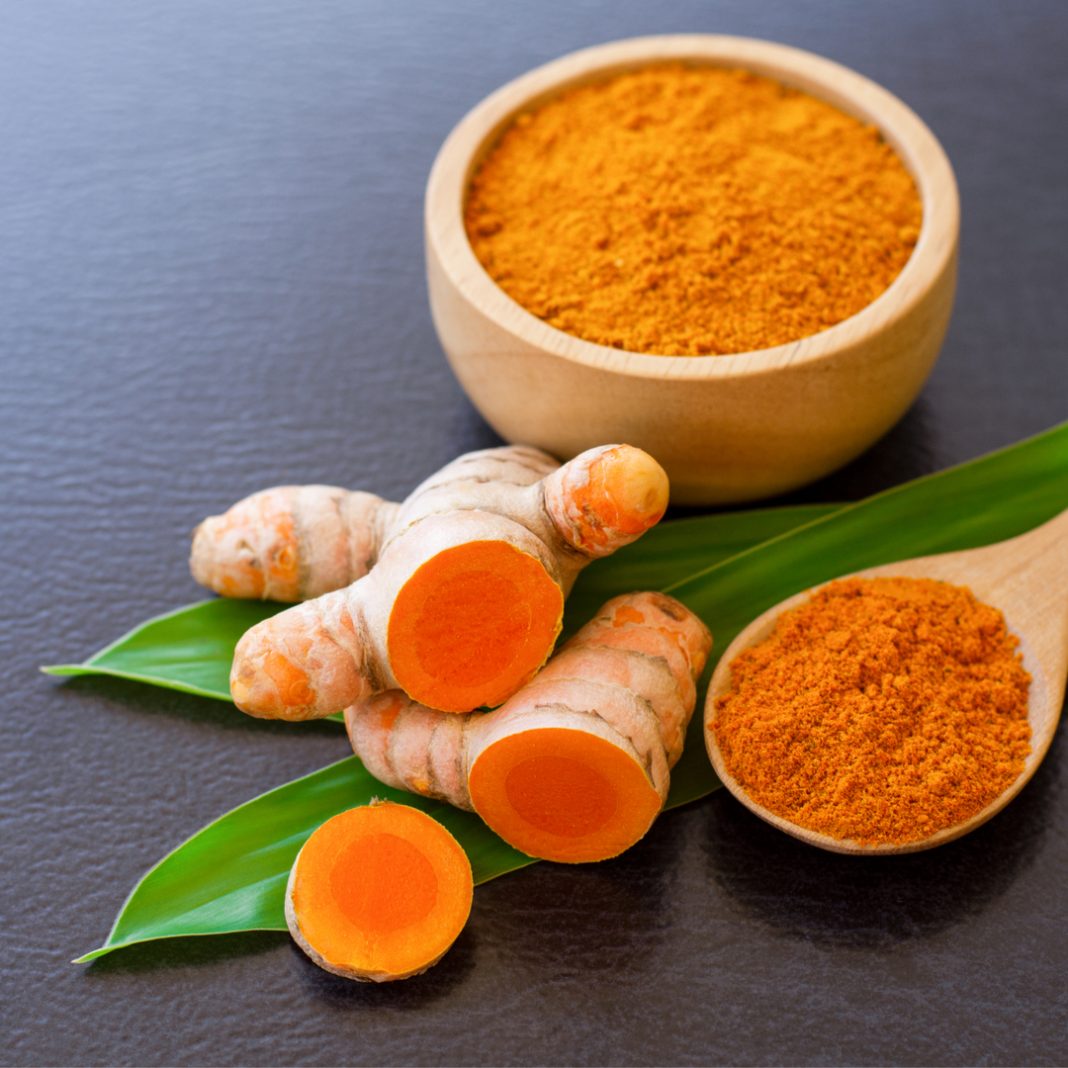Isn’t it uncanny, that in 2000AD, with the great grand progress of science, medicine, technology and human minds that a new super food announced every year is the very same super food our grand parents prescribed as natural medicine for any ailment?
With personal development on everyone’s minds, we’re spending a good chunk of each of our day getting and offering ideas, tips, and other suggestions to promote health. Here’s a discussion on a super food, a spice—
Turmeric and Curcumin —
Species: Curcuma Longa
Family: Zingiberaceae Kingdom:
Plantae Genus: Curcuma
Order: Zingiberales
Tumeric is a flowering plant, it belongs to the ginger family, the rhizomes of which are consumed either raw or dried and powdered used in cooking. It is a spice of which its most active compound, Curcumin is the most effective nutritional supplement in existence with major health benefits for both your body and brain.
Curcumin — is a natural anti-inflammatory compound. As we all know how inflammation in any part of the body can create havoc, it is important to know that Curcumin fights foreign invaders (virus-bacteria-germs) and repairs the damage they cause to the human body. Chronic low-level inflammation does contribute to heart disease, cancer, metabolic syndrome, Alzheimer’s disease.
Curcumin lowers risk of heart Disease — by improving the function of the endothelium; the lining of your blood vessels, The endothelial dysfunction is a major driver of heart disease. Regular Curcumin intake regulates blood pressure, and blood clotting. Remember heart disease is the number one cause of death in the world.
NOTE: High doses of turmeric can lower blood sugar and blood pressure, which means that people on medication should use caution while taking high dose supplements of turmeric.
Curcumin helps improve symptoms of depression — it works as an anti depressant with similar improvements as that of Prozac. Depression is also linked to reduced levels of Brain-derived neurotrophic factor (BDNF) and a shrinking hippocampus. Curcumin boosts BDNF levels and brain neurotransmitters serotonin and dopamine. (The area of the brain that helps learning and memory)
Turmeric increases the antioxidant capacity of the body — antioxidants protect your body from free radicals, Curcumin neutralizes free radicals stimulating the action of antioxidants.
NOTE: Turmeric contains bioactive compounds with medicinal properties, the recommended dose of one gram per day, which contains 3% of Curcumin the prime medicinal property, is very difficult to ingest naturally and hence the supplement is chosen by many.
Turmeric may help prevent cancer — We all know that cancer is a disease, characterized by uncontrolled cell growth. Curcumin is a beneficial herb in cancer treatment and affects cancer growth and development by killing off cancerous cells, reducing growth of tumors and spread of cancer cells. Especially colorectal cancer.
NOTE: In order to receive the full effects of Curcumin and its bioavailability (the rate at which your body absorbs a substance), it is advised to combine it with black pepper (which contains Peperine, a natural substance that helps absorb Curcumin by two thousand percent.
Curcumin is useful in treating Dementia and Alzheimer’s disease — It is known that inflammation and oxidative damage as well as protein tangles (amyloid plaques) play a role in Alzheimer’s disease, and Curcumin has beneficial effects on both.
Arthritis patients respond well to Curcumin supplements —Given that Curcumin is a potent anti-inflammatory compound, people with rheumatoid arthritis, who used Curcumin supplements found it more effective than an anti-inflammatory drug.
NOTE: Curcumin is also fat soluble, which means it breaks down and dissolves in fat or oil. That’s why it may be a good idea to take curcumin supplements with a meal that’s high in fat.
The best time of day to take your curcumin supplements —
Studies suggest it is safe at small doses, but be aware that high doses or long-term use may cause GI issues or interfere with certain medication in some people. (Consult your doctor)
Taking turmeric either in the morning as your tea to kick start your day, or at night before bed with warm milk and honey to combat inflammation from the day’s activities or with meals as its absorption increases when paired with healthy fats. Include it as you please, several times a day, you will only reap benefits.
Adding a pinch to your food —
- Add it to scrambles and frittatas of egg, tofu or paneer
- Toss it with roasted vegetables
- Add it to rice – Pulao, Kichidi or Poha
- Try it with warm milk and honey – almond milk, oat milk, soy milk
- Use it in soups
- Blend it into your curry
- Make tea with slivers of fresh turmeric and ajwain
- Add to your daily vegetables Indian style tadka
Others —
- Haldi with a bit of coconut oil as an antiseptic for mild burns
- Haldi with milk or fresh cream paste as a face mask
Turmeric has been used in India for thousands of years as both a spice and medicinal herb. Recently, science has started to back up traditional claims that turmeric does in fact contain compounds with medicinal properties. It is currently a worldwide rage with many a name to the concoction of milk, honey and a pinch of turmeric blended together — golden milk, yellow milk, or nanima’s haldi doodh.
Here are two concepts that have influenced my approach to setting goals this year:
- Early morning chai of grated fresh turmeric paired with ajwain infused with boiling hot water. Two cups of this spares you indigestion for the day.
- Haldi-milk face mask ten minutes before your shower.
So kick things off, set your Haldi goals for this year.




Comments are closed.